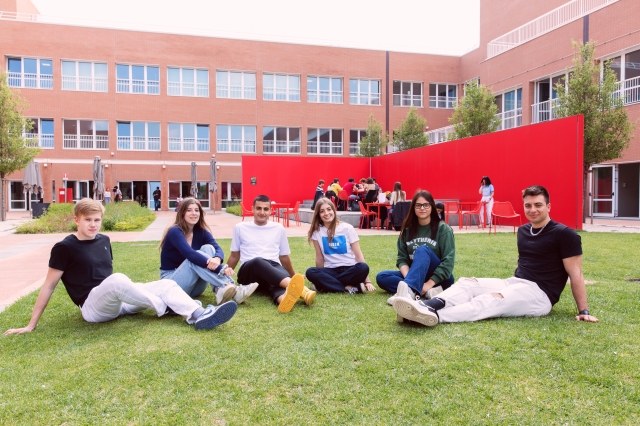For the fifth consecutive year, the University of Bologna confirmed its first place in Italy in the Times Higher Education Impact Rankings, the ranking that assesses the impact of universities on the social fabric and their commitment to sustainable development. On a EU level, the University of Bologna moves from third to second place, preceded only by the University of Aalborg (Denmark).
For each participating university, the ranking takes into account the actions taken and resources invested in meeting the Sustainable Development Goals (SDGs) proposed in the UN General Assembly's Agenda 2030.
The University of Bologna reaches the 23rd position worldwide, climbing 14 positions compared to last year (when it was 37th), against a strong increase in the number of universities in the ranking (+187 compared to the 2022 edition).
Not only that: the University of Bologna ranks 2nd in the world for Gender Equality (SDG 5), the goal that assesses attention to policies aimed at overcoming gender inequalities, gaining 11 positions compared to last year.
Looking closely to the individual indicators, other particularly remarkable placings stand out. First of all, the University of Bologna is at 14th place in the world for the goal "Reducing Inequality Within and Between Nations" (SDG 10), which measures actions related to improving working conditions and redistribution of resources. It’s at 16th place for the goal "Business, Innovation and Infrastructure" (SDG 9), dedicated to building resilient infrastructure and promoting fair, responsible, and sustainable industrialisation. Also noteworthy is the goal "Decent Work and Economic Growth" (SDG 8). The University gains 29 positions compared to last year and ranks 47th worldwide.
"This is a result that we are particularly pleased and flattered about," commented Rector Giovanni Molari, "because it recognises the University's commitment and achievements in one of the fields that is closest to our hearts: social impact, i.e. the positive impact of our work on the society in which and for which we operate, and our contribution to the collective good and the creation of public value. These are some of the themes of our Strategic Plan, which invites every member of the University of Bologna to responsibly and consciously reflect on the social impact of their work. In particular, the world's second position on such a fundamental objective as Gender Equality fills us with satisfaction and rewards a long-standing commitment that we have further and greatly intensified over the past two years. As with any ranking, I consider these awards to be first and foremost incentives to do more and always better. I would like to thank all the colleagues who made these achievements possible and who will help us aspire to ever bolder goals in the name of equality, inclusion and sustainability".

